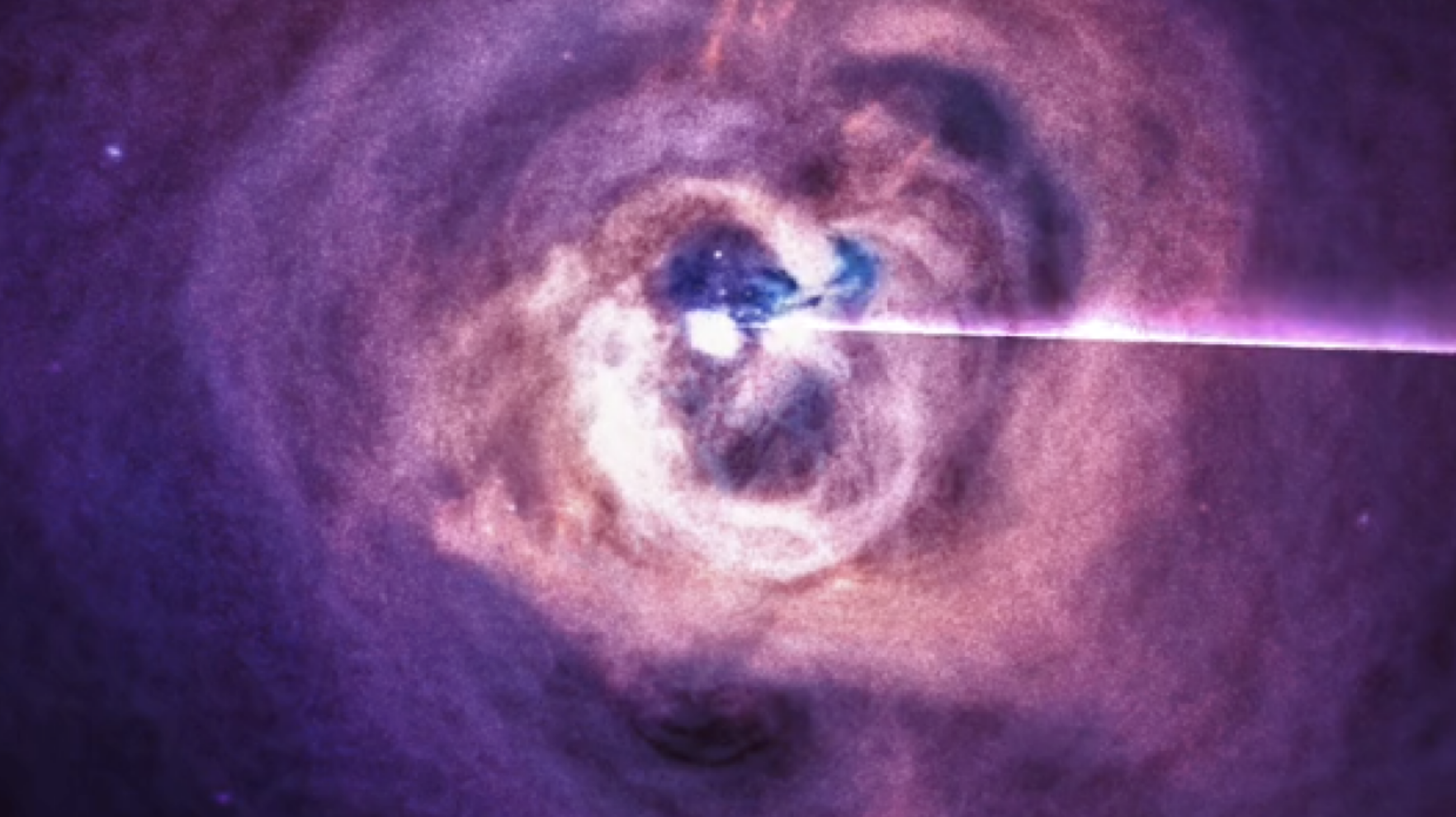NASA has captured the sound of a black hole, and someone's remixed it
Pressure waves emanating from the Perseus Galaxy Cluster were pitch-shifted 57 octaves higher to make them audible

Earlier this week, NASA shared what it's describing as the sound of a black hole. Though it's not a 'recording' in the strictest sense of the word, the clip was produced by sonifying data collected from pressure waves in the Perseus Galaxy Cluster, and resembles nothing more than the spine-chilling howl of an unearthly creature from a sci-fi movie.
That may be what drew science fiction author John Scalzi to sample the recording in a track he's published to his website, “8/22/22 (Perseus Galaxy Cluster)”. In remixing NASA's original recording, Scalzi pitch-shifted and time-stretched the original sound before processing the results through various effects and adding a drum pattern to produce a gloomy, mid-tempo techno chugger that wouldn't sound out of place in a sweaty warehouse rave.
The data used to produce the original recording was collected by NASA's Chandra X-ray Observatory. In a post to their blog shared in May, the scientists behind the project explained their methods. "Astronomers discovered that pressure waves sent out by the black hole caused ripples in the cluster’s hot gas that could be translated into a note — one that humans cannot hear some 57 octaves below middle C."
"The signals were then resynthesized into the range of human hearing by scaling them upward by 57 and 58 octaves above their true pitch. Another way to put this is that they are being heard 144 quadrillion and 288 quadrillion times higher than their original frequency. (A quadrillion is 1,000,000,000,000,000.)" You can listen to the sonification below.
This isn't the first time data sonification has been used to produce sound and music from black holes. Back in January, we spoke with Valery Vermeulen, a scientist and producer transforming scientific data gathered from deep space and astrophysical models into cosmic ambient compositions.
The misconception that there is no sound in space originates because most space is a ~vacuum, providing no way for sound waves to travel. A galaxy cluster has so much gas that we've picked up actual sound. Here it's amplified, and mixed with other data, to hear a black hole! pic.twitter.com/RobcZs7F9eAugust 21, 2022
Want all the hottest music and gear news, reviews, deals, features and more, direct to your inbox? Sign up here.



I'm MusicRadar's Tech Editor, working across everything from product news and gear-focused features to artist interviews and tech tutorials. I love electronic music and I'm perpetually fascinated by the tools we use to make it.